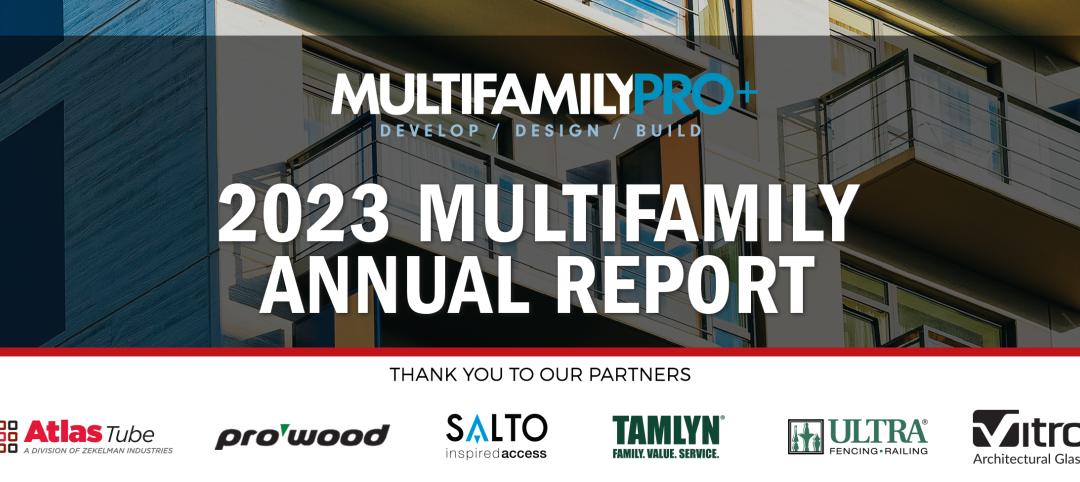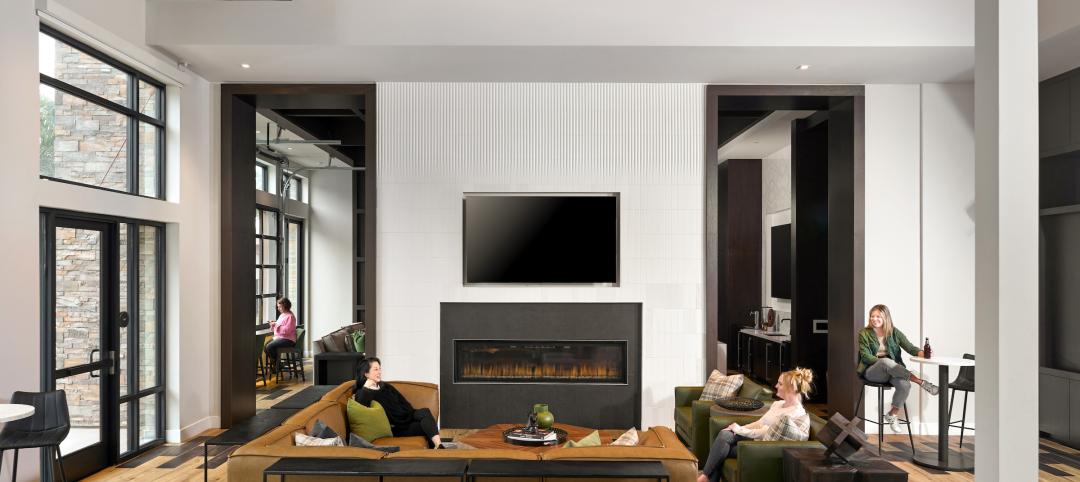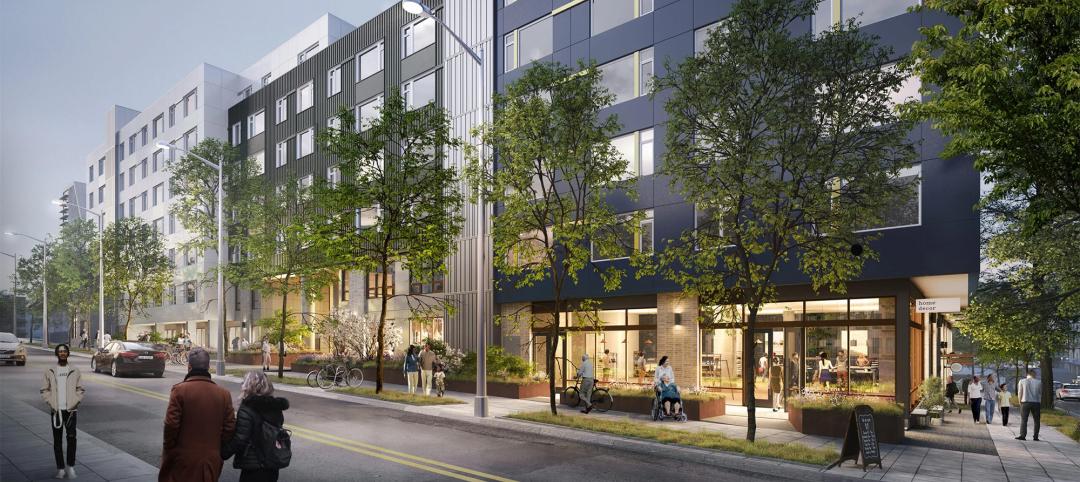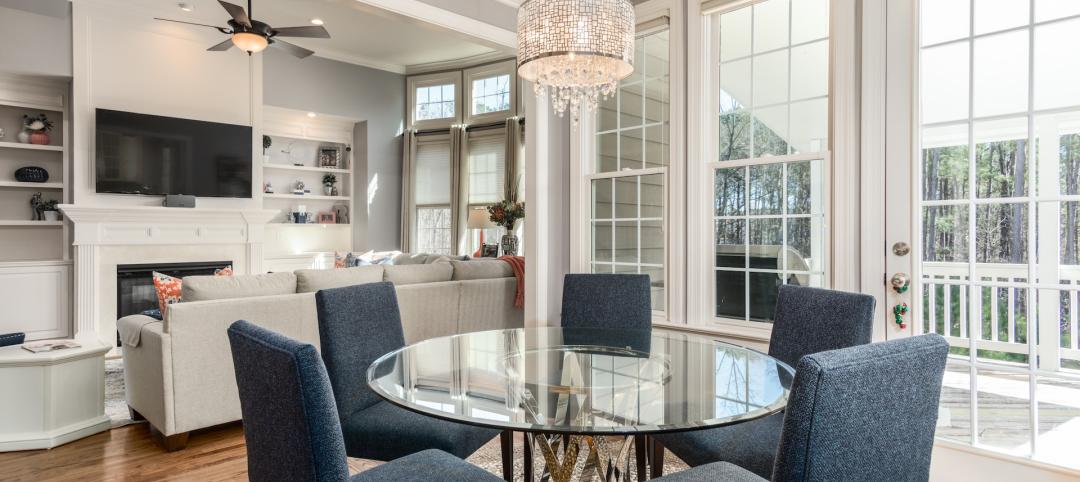BD+C: What are the prospects for the U.S. hotel industry and hotel construction?
Igor Krnajski: In the last couple of years we’ve had a pretty good downturn, of course, but the next five years are looking much better. The industry as a whole is forecasting gains in the 5-7% range. At Denihan, because we’re New York-centric, we were up 11% last year, and we’re forecasting 10% gains for this year. There have been a lot of conversations about how properties have been neglected, and that capital dollars need to be expended.
BD+C: How do you think that will break down between new hotel construction and reconstruction of existing properties?
IK: The initial surge will be in reconstruction, in the upkeep of your own portfolio. Then it will go into the expansion of portfolios, companies taking over existing properties and repositioning them. As for new construction, the financial markets are not fully ready to support new build. They’re looking to minimize risk by investing in properties that have operating cash flow. It’s all about managing risk, and if we as an industry show a couple of years of solid growth, investment in new construction will come back.
Any new hotel construction will be in areas that need an influx of new rooms, underserved areas like Dallas and Houston and Boston, and even Washington, although it is much more difficult to build new there.
BD+C: Any specific geographical growth areas for Denihan?
IK: We’re looking to expand primarily within the U.S., such as in Dallas. We’re very East Coast-centric right now, and we need a balance on the West Coast—places like Los Angeles, Seattle, San Francisco.
BD+C: Howard Wolff, an SVP at hotel designer WATG, has blogged that “bling has blung,” that high-end guests are concerned about ostentation and the appearance of conspicuous consumption in their choice of hotels. Is this a trend?
IK: Our customers are looking for more of a residential environment, rather than just a hotel room. The desire to entertain within their hotel space is much greater, so they want office/living/entertainment within the same space.
It used to be you catered to business class—the fax machine, the big desk—but now it’s a laptop and wi-fi, and a banquette with a table, so the guest can work there and also have dinner right there. And we have to provide solid technology: Internet, lighting and temperature controls, window treatments, AV, and other guest amenity services.
It’s a matter of changing tastes, but “bling” will be back some day. There’s always room in the market for luxury.
BD+C: What about green design and operations?
IK: “Environmentally thoughtful” is the term we’re using. There’s definitely a balance between comfort and environmental awareness that our guests are looking for. They’re much more sophisticated these days. Guests want to feel that they’re doing the “green” things that they may be doing at home, like recycling and saving energy, but in a hotel environment, they want the luxury of being a little bit naughty—taking a long shower, for example.
We’re constantly doing light bulb audits, installing dual-flush toilets and showerheads with internal flow constrictors, and in-house recycling. We’re looking at LEED aspects for our projects, but getting LEED accreditation for buildings in New York City is not easy. There’s a fine line between conservation and the guest experience but I do think the industry is listening.
BD+C: Are you commissioning your properties?
IK: We do commissioning. We think it’s better to be preemptive than to wait for equipment and systems to become a problem. As for metrics, in a hotel environment, it’s a very difficult calculation, because it’s affected by the use of the rooms, and it’s very seasonal, but we know we have saved year over year as a result of commissioning.
BD+C: As SVP of Design and Construction for a luxury hotelier, what advice do you have for AEC firms that want to do business with firms like yours?
IK: Our biggest ongoing issue with AEC firms is that they’re not always thinking in terms of the hotel operator’s mindset. There are many operational aspects that are exclusive to hotel design. We’re hiring them to give us good ideas, but if they understood our operations better, that would make the working relationship much smoother.
I’ve seen situations where the designers grossly underestimated the size of the staff, with the result that they followed code requirements but designed in only one shower for the male staff’s locker room. We as owners and operators have an obligation to educate our design teams, but designers should know better than to make mistakes like that.
BD+C: What, in your professional role, keeps you up at night?
IK: Our guests are more social media-minded, and that is putting pressure on us to keep up with them. The feedback is plentiful and immediate, and expectations are higher than ever. Yet you can’t be constantly changing things. How do we evaluate their input quickly, because by the time you get there, there’s a new trend? How do you respond? How do we filter this fantastic information from our customers and implement it? You’ll miss the boat if you don’t.
Related Stories
MFPRO+ Special Reports | Oct 27, 2023
Download the 2023 Multifamily Annual Report
Welcome to Building Design+Construction and Multifamily Pro+’s first Multifamily Annual Report. This 76-page special report is our first-ever “state of the state” update on the $110 billion multifamily housing construction sector.
Giants 400 | Oct 23, 2023
Top 190 Multifamily Architecture Firms for 2023
Humphreys and Partners, Gensler, Solomon Cordwell Buenz, Niles Bolton Associates, and AO top the ranking of the nation's largest multifamily housing sector architecture and architecture/engineering (AE) firms for 2023, as reported in Building Design+Construction's 2023 Giants 400 Report. Note: This ranking factors revenue for all multifamily buildings work, including apartments, condominiums, student housing facilities, and senior living facilities.
Affordable Housing | Oct 20, 2023
Cracking the code of affordable housing
Perkins Eastman's affordable housing projects show how designers can help to advance the conversation of affordable housing.
Senior Living Design | Oct 19, 2023
Senior living construction poised for steady recovery
Senior housing demand, as measured by the change in occupied units, continued to outpace new supply in the third quarter, according to NIC MAP Vision. It was the ninth consecutive quarter of growth with a net absorption gain. On the supply side, construction starts continued to be limited compared with pre-pandemic levels.
Warehouses | Oct 19, 2023
JLL report outlines 'tremendous potential' for multi-story warehouses
A new category of buildings, multi-story warehouses, is beginning to take hold in the U.S. and their potential is strong. A handful of such facilities, also called “urban logistics buildings” have been built over the past five years, notes a new report by JLL.
Building Materials | Oct 19, 2023
New white papers offer best choices in drywall, flooring, and insulation for embodied carbon and health impacts
“Embodied Carbon and Material Health in Insulation” and “Embodied Carbon and Material Health in Gypsum Drywall and Flooring,” by architecture and design firm Perkins&Will in partnership with the Healthy Building Network, advise on how to select the best low-carbon products with the least impact on human health.
Contractors | Oct 19, 2023
Crane Index indicates slowing private-sector construction
Private-sector construction in major North American cities is slowing, according to the latest RLB Crane Index. The number of tower cranes in use declined 10% since the first quarter of 2023. The index, compiled by consulting firm Rider Levett Bucknall (RLB), found that only two of 14 cities—Boston and Toronto—saw increased crane counts.
Office Buildings | Oct 19, 2023
Proportion of workforce based at home drops to lowest level since pandemic began
The proportion of the U.S. workforce working remotely has dropped considerably since the start of the Covid 19 pandemic, but office vacancy rates continue to rise. Fewer than 26% of households have someone who worked remotely at least one day a week, down sharply from 39% in early 2021, according to the latest Census Bureau Household Pulse Surveys.
Luxury Residential | Oct 18, 2023
One Chicago wins 2023 International Architecture Award
One Chicago, a two-tower luxury residential and mixed-use complex completed last year, has won the 2023 International Architecture Award. The project was led by JDL Development and designed in partnership between architecture firms Goettsch Partners and Hartshorne Plunkard Architecture.
Giants 400 | Oct 17, 2023
Top 130 Sports Facility Architecture Firms for 2023
Populous, Gensler, HOK, and HKS head BD+C's ranking of the nation's largest sports facility architecture and architecture/engineering (AE) firms for 2023, as reported in Building Design+Construction's 2023 Giants 400 Report.

















